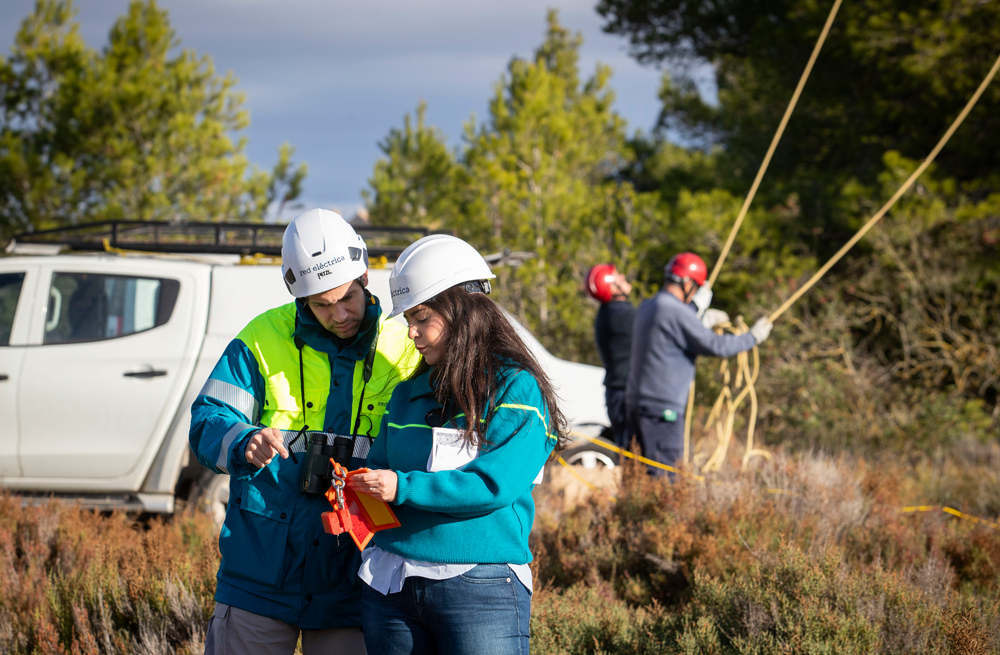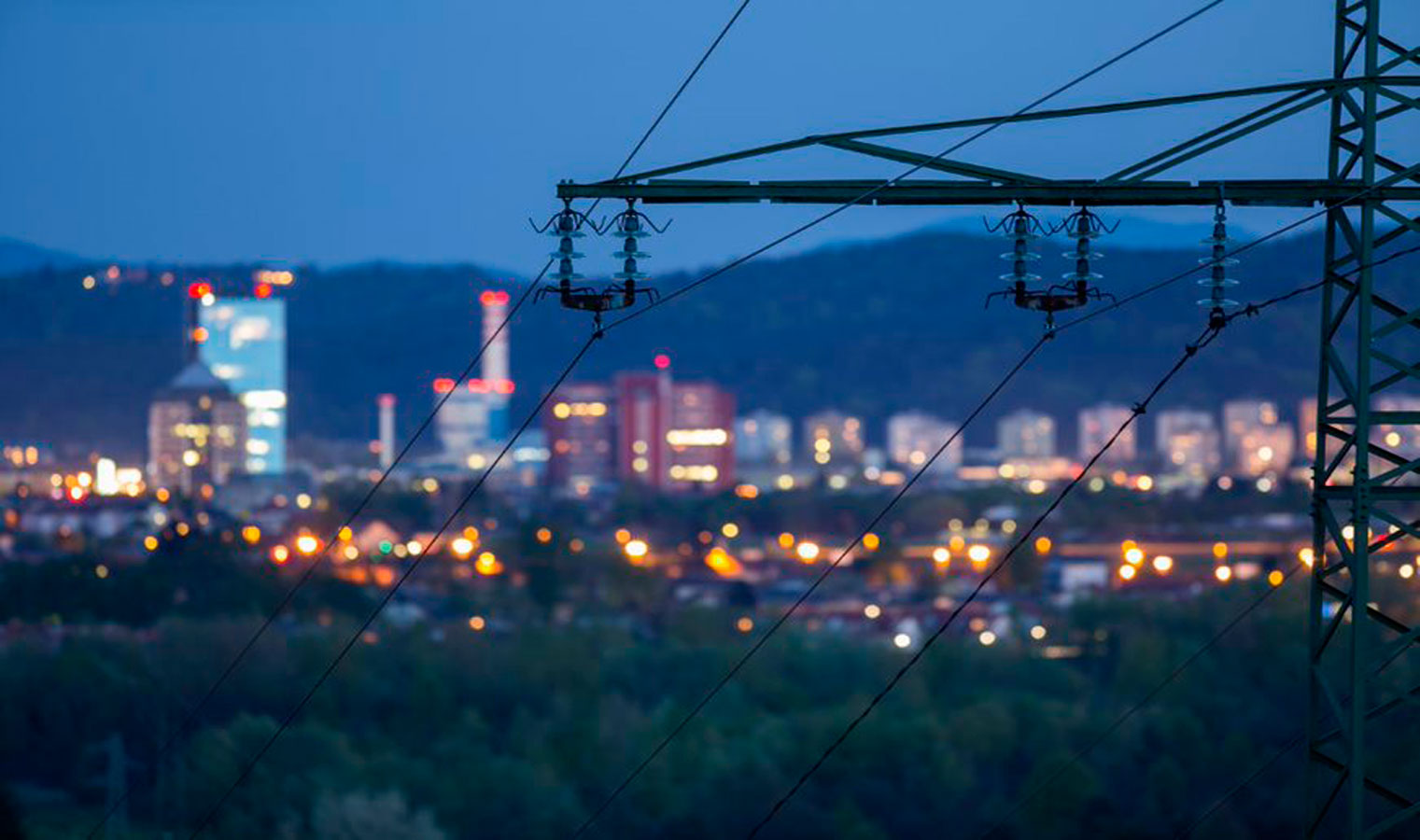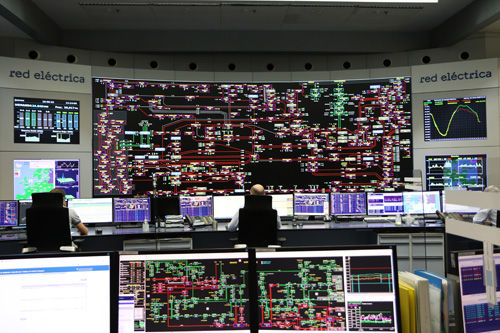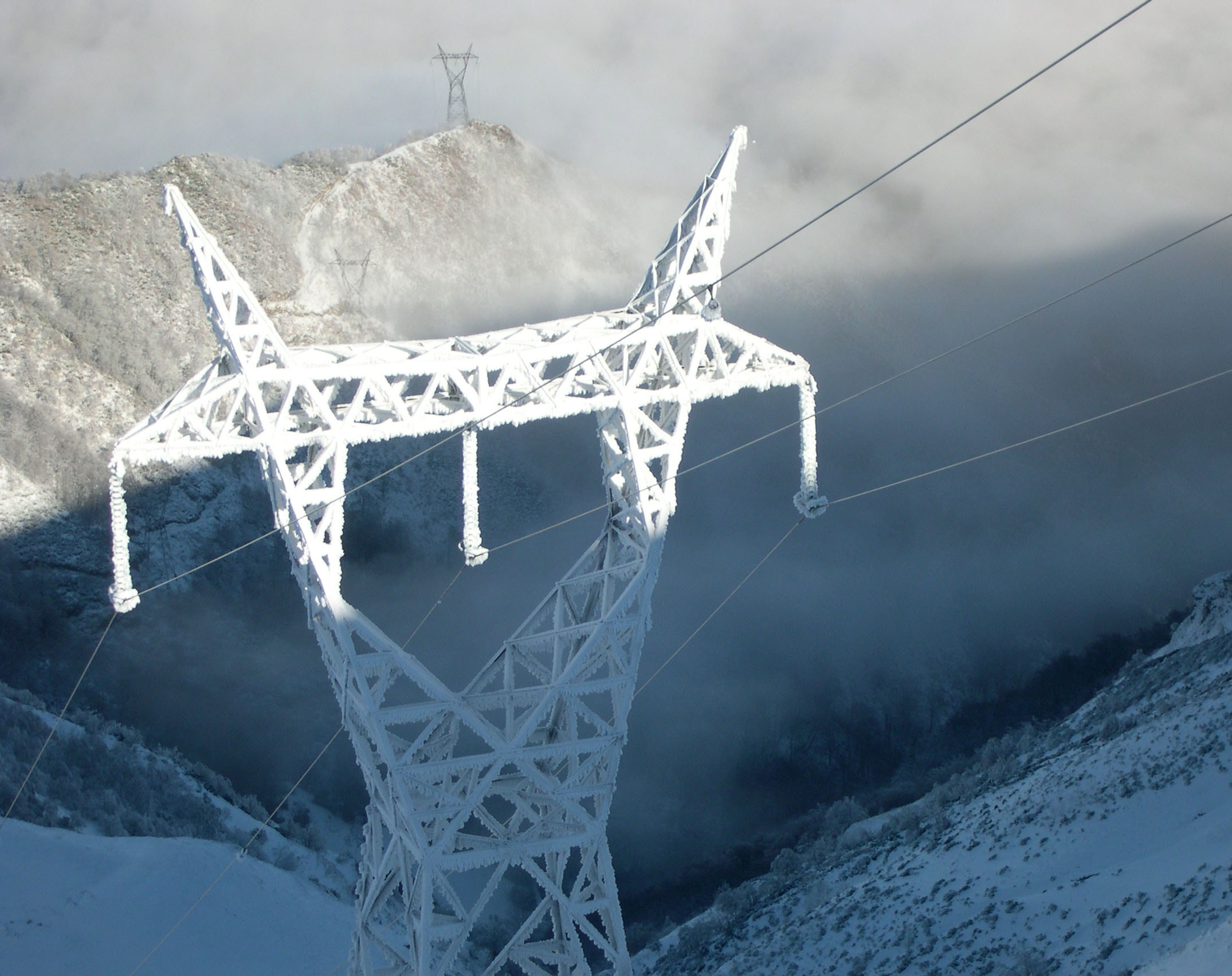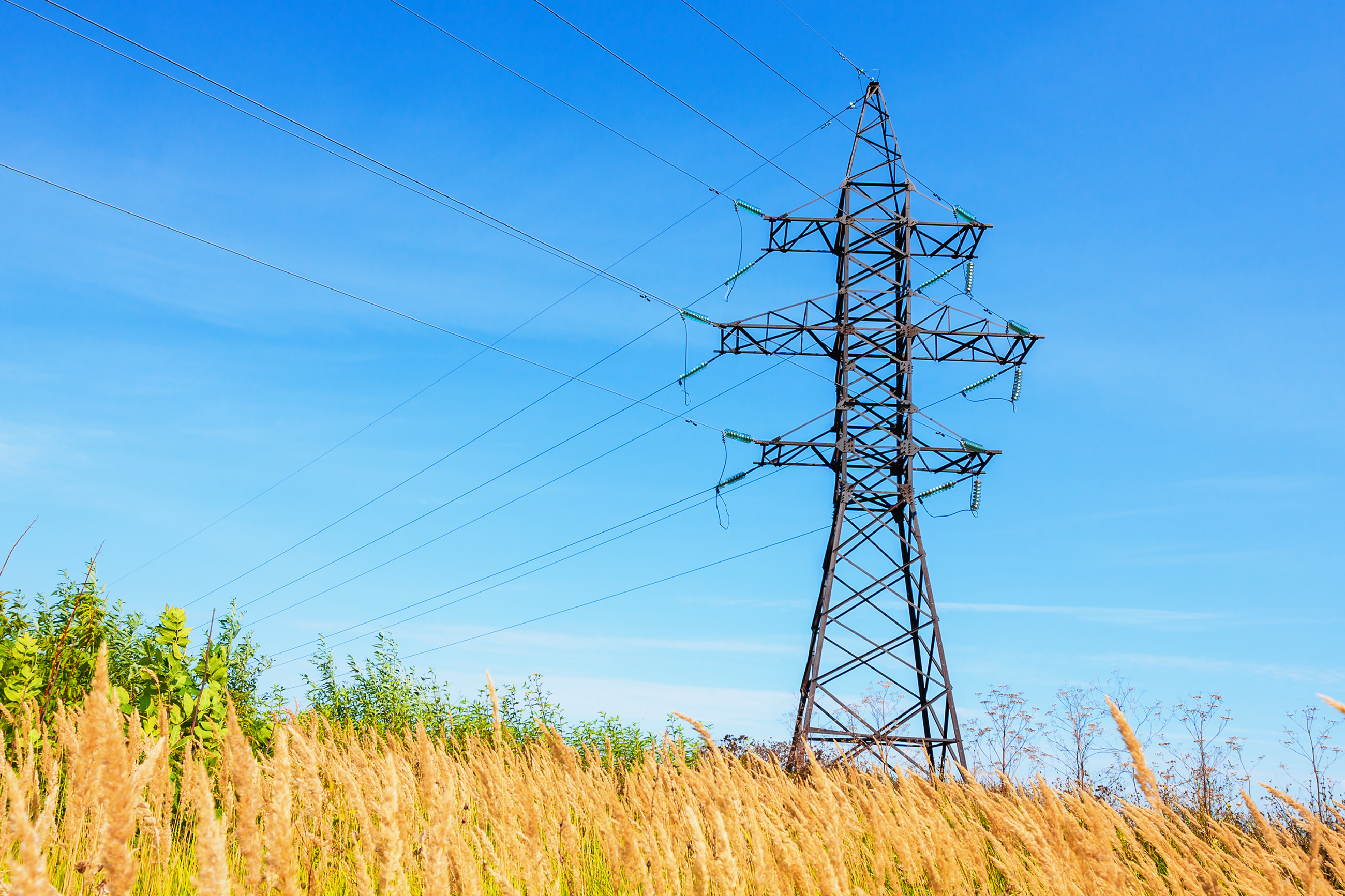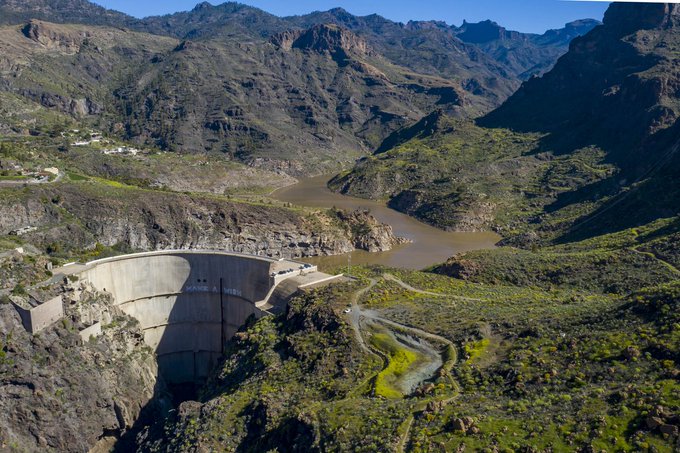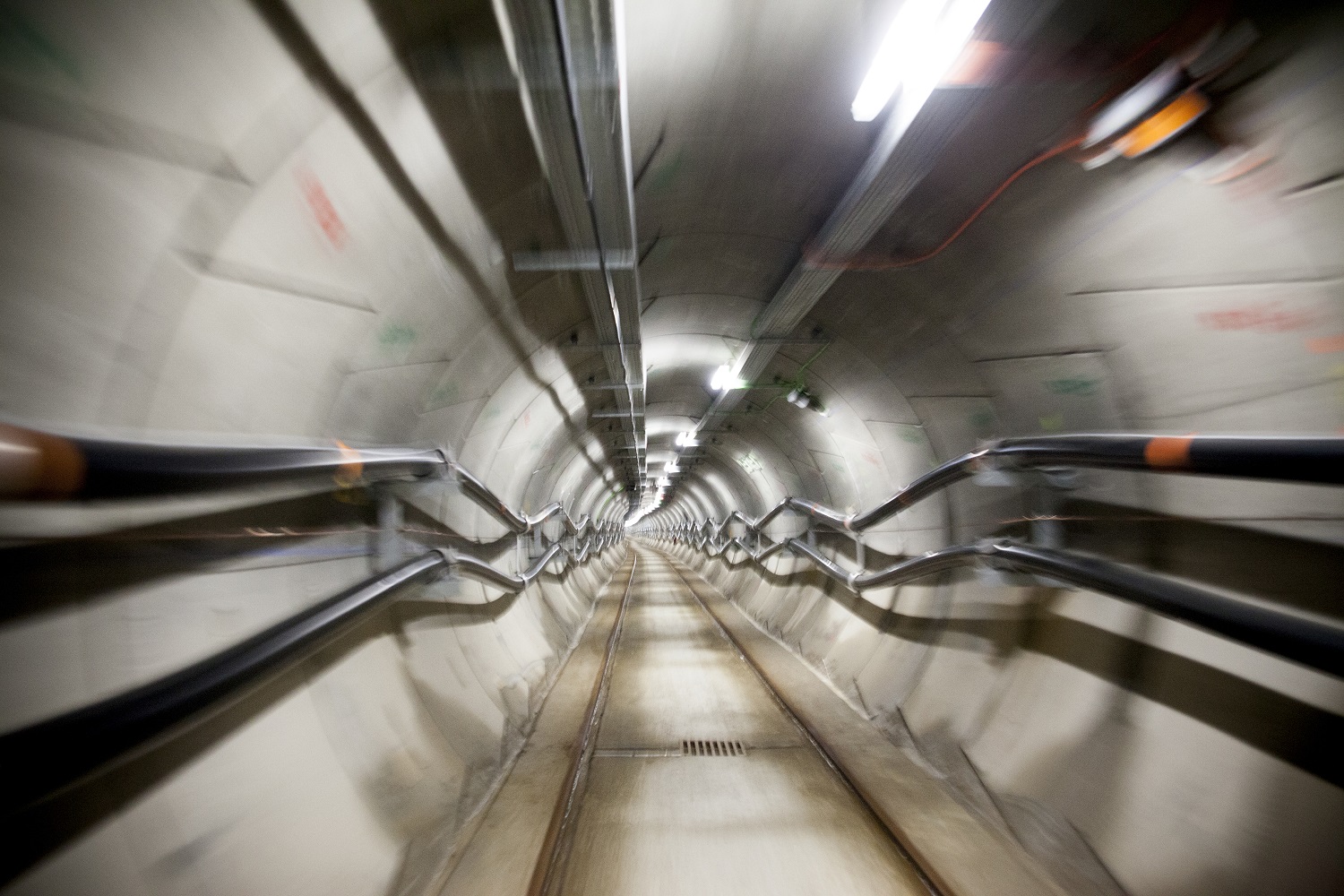Discover what Red Eléctrica is, what we do, and why we are the backbone of the electricity system in Spain and the ecological transition.
Secondary school students from Salamanca, Manzanares (Ciudad Real), Albacete, and Talavera de la Reina won the entreREDes Olympics
Today, students from 28 educational centres across Andalusia, Aragon, Extremadura, Castilla-La Mancha, Castilla y León, Ceuta, Madrid, Navarre, La Rioja, and Murcia took part in the finals, hosted by teacher and YouTuber David Calle.
The winners proved themselves to be the experts on energy, ecological transition, the Spanish electricity system, history, mathematics, and other subjects consistent with their academic level.
Today, Secondary School students from Salamanca, Manzanares (Ciudad Real), Albacete, and Talavera de la Reina (Toledo) triumphed in the entreREDes Olympics, prevailing among students representing 28 educational centres from 10 autonomous communities that reached the national final.
The winners were from the IES Lucía Medrano in Salamanca, category for the 1st year of ESO (Educación Secundaria Obligatorio – Secondary School); the IES Azuer in Manzanares, category for the 2nd year of ESO; the IES Bachiller Sabuco in Albacete, category for the 3rd year of ESO; and the Colegio Joaquín Alonso in Talavera de la Reina, category for the 4th year of ESO.
This competition was organised by Red Eléctrica, the company responsible for transmission and operation of the Spanish electricity system. It was created for students to be able to demonstrate their mastery of the course material covered throughout the year, in topics such as geography, physics, mathematics, and literature, among others. There is a particular focus on what they have learnt about energy, ecological transition, and the Spanish electricity system.
'Digital and ecological transformation are the two biggest challenges facing the world in order to save the planet. It will take a lot of talent and many brilliant minds to achieve this. Therefore, if you are interested in science, I encourage you to consider pursuing a STEAM career, especially girls, to become professionals working towards a more sustainable, fair, and inclusive future: one that is free from greenhouse gas emissions and respectful of ecosystems and biodiversity. A place where we can breathe and where no one is left behind. I would like to have you all on board for this challenge,' said Beatriz Corredor, President of Redeia, the parent company of Red Eléctrica.
The teacher and YouTuber David Calle, founder of the online academy Unicoos, introduced the online competition. Students have participated in the game entreREDes created by Red Eléctrica, organised according to their academic level and team, in order to teach younger generations about the operation of the Spanish electricity system in an engaging and interactive way while reviewing the subjects covered in their classes.
Among other topics, they learn about renewable energies and their contribution to the mix, interconnections with other countries, the existence of a cable for electricity exchange with the Balearic Islands, and the implications related to the fact that the Canary Islands' electricity systems are isolated.
The game 'entreREDes', which is absolutely free, contains over 11,000 questions and is designed as a tool to support teachers in their classes, as a resource for students to review information at home, and as a fun activity to share with family and friends. It includes three different game modes—Classroom, Challenge, and Classic—to always suit the educational demands of both teachers and students. Lastly, it is available for both desktops (Windows, MacOS, and Linux) and mobile devices (Android and iOS).
More than 40,000 students from the 1st, 2nd, 3rd, and 4th years of ESO from Andalusia, Aragon, Extremadura, Castilla-La Mancha, Castilla y León, Ceuta, the Community of Madrid, the Autonomous Community of Navarre, La Rioja, and the Region of Murcia have used the game and participated in the Olympics this school year, with 28 educational centres reaching the final.
Red Eléctrica has awarded prizes to all participants in this final. The winners, as well as those placed second and third, received interactive touch screens for their educational institutions, as an addition to their technological educational resources, and the students received a drone with a camera. The rest of the students received sports headphones, and the teachers received voice amplifiers.
Downloads
